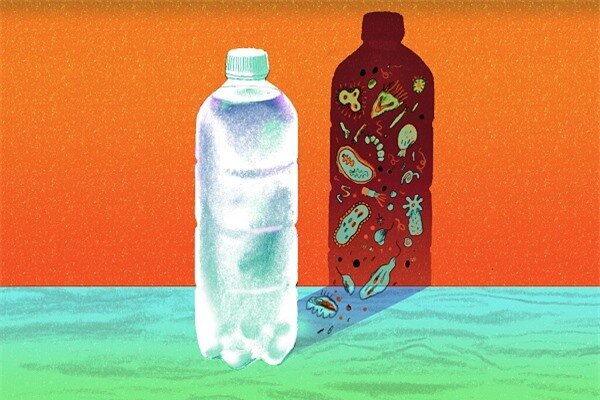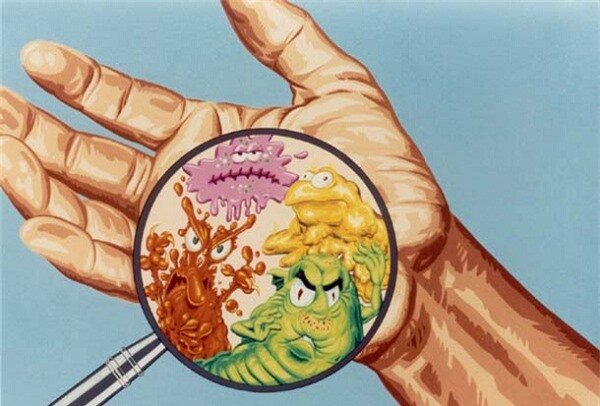Skip to main content in article(see)
In Vietnam, storing water in a bottle and using that amount of water for a long time is a quite common habit. But is drinking water that has been stored for a long time harmful to your health, and what is the best way to store water? Let’s see what the experts have to say about this issue.

Is drinking water that has been left out for a long time harmful to your health? The answer is that it depends on many factors. According to Professor Kellogg Schwab of Johns Hopkins University, as soon as we start drinking, our lips and mouth transfer microorganisms into the water. Combined with room temperature and sunlight, these microorganisms can multiply very quickly.
“If we store clean water in a clean bottle, that water can last for one to two days.” – he said. But have you ever wondered why sometimes it has a strange taste when left for a long time? That’s because carbon dioxide in the air reacts with water and lowers the pH. “But it is still safe for the body” – the professor said.
According to Professor Schwab, using the same drinking cup day after day increases the likelihood of contamination with certain harmful bacteria – especially when that cup is used by multiple people and microorganisms from those people. mixed together in the cup. But what if you wash your cup every day? “Maybe we won’t have any problems.” – Professor Schwab affirmed – “In any case, this is still not the top public health concern today.”
In addition, there is a common situation: holding a cup with dirty hands – especially if you (or whoever is in charge of putting away the dishes) forgets to wash their hands after going to the bathroom. There are countless disease-causing bacteria in human waste, and if you hold a drinking glass with unwashed hands, those bacteria can contaminate the drinking water.

But what about bottled water? Professor Schwab warns: “A chemical called bisphenol-A, or BPA, along with several other substances used to make plastics, can dissolve in water if the water bottle is heated or placed in direct sunlight.”. BPA is a hormone disruptor that science has shown can lead to several dangerous diseases, such as heart disease and cancer. Professor Schwab said that the plastic used to make water bottles is not produced with the intention of being washed for second use. So next time you intend to keep plastic water bottles, think about recycling them. Or better yet, use a water container made of metal or glass.
If you intend to store water for a long time, be careful because the water can also spoil, according to scientist Zane Satterfield of the U.S. Environmental Services Center at West Virginia University. “Most experts will advise you to stock up on bottled water that has a shelf life of six months.” – Satterfield said – “After that time, the chlorine in the water will evaporate, creating conditions for bacteria and algae to begin to grow.”. This process will go faster if you keep the water in a warm, well-lit place.
If you believe in the end of the world and store water in your shelter, remember that although that water can last for at least a year, after 12 months you should check the water. its water reserves. “You will see some of the water has evaporated during that time, evidence that the plastic bottle is not completely waterproof.” – Satterfield explained.
If you want to be safe when using water that has been stored for a long time, Satterfield recommends adding a few drops of mild, odorless detergent to the water and waiting 30 minutes for the water to be safe to use. (Exactly one drop per liter of water). Maybe it’s knowledge we don’t need, but who knows, in case a zombie apocalypse or something else happens.
According to Vnreview/Time

















